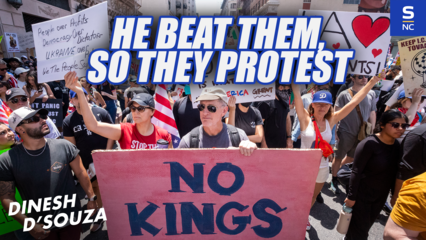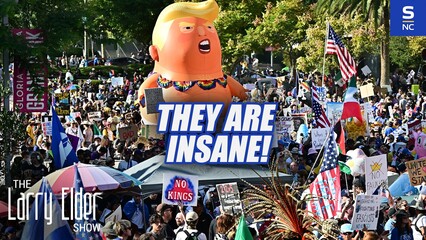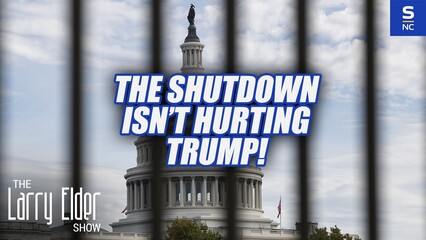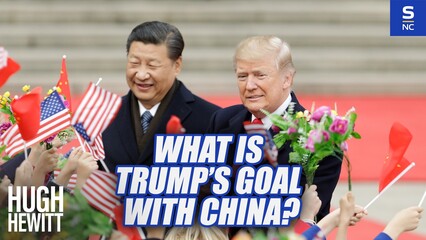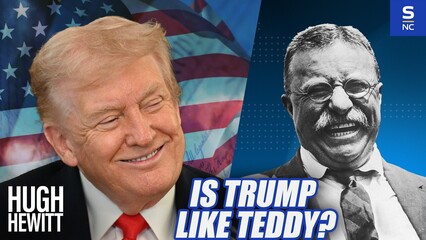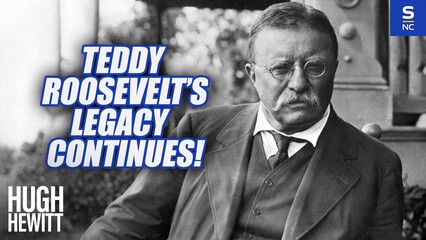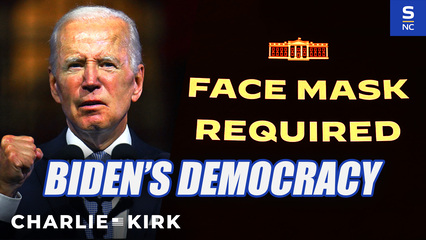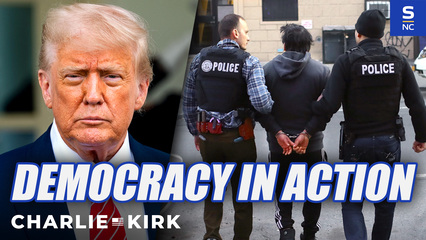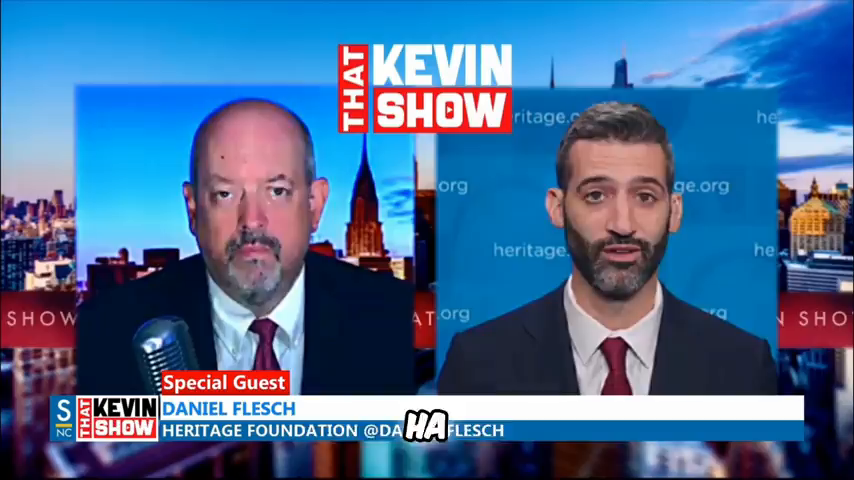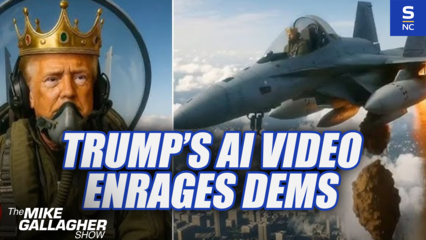Factbox-Key points from NATO’s Washington summit declaration
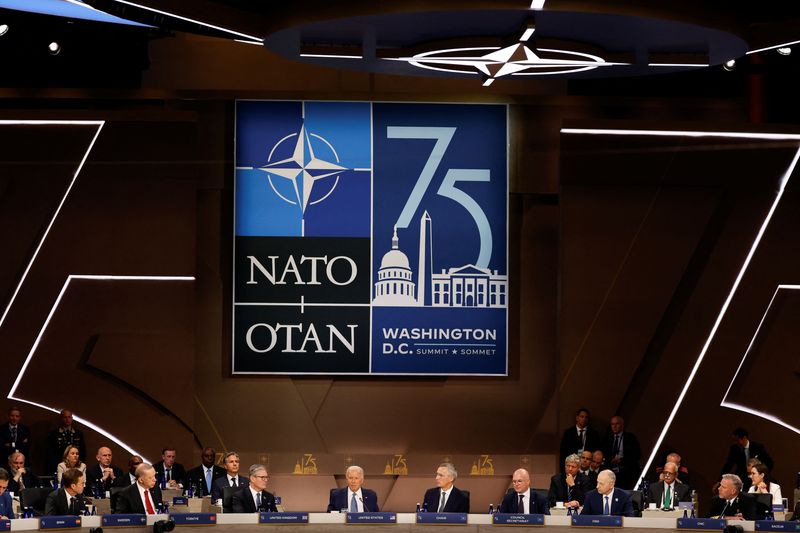
By Daphne Psaledakis and David Brunnstrom
WASHINGTON (Reuters) – Leaders of NATO countries stressed a membership pledge for Ukraine and took a stronger stance on China’s support for Russia in a declaration on Wednesday at a summit in Washington.
Below are key parts of the summit declaration from the 32-nation transatlantic military alliance:
UKRAINE
The declaration said the allies intend to provide Ukraine with minimum funding of 40 billion euros ($43.28 billion) in military aid within the next year, but stopped short of the multiyear financial pledge that NATO Secretary General Jens Stoltenberg had sought.
The declaration says the alliance will continue to support Ukraine “on its irreversible path to full Euro-atlantic integration, including NATO membership” as Kyiv continues the “vital work” of democratic, economic and security reforms.
It reaffirms that NATO will “be in a position to extend an invitation to Ukraine to join the alliance when allies agree and conditions are met.”
The allies also decided NATO would take over most of the coordination of military equipment and training for Ukraine from an ad-hoc U.S.-led coalition.
Some diplomats see this as an effort to safeguard the process from a possible return of Donald Trump to White House. But many doubt it could prevent Trump from severely curbing U.S. aid to Kyiv if he chose to do so.
RUSSIA
The alliance also condemned Russia’s “irresponsible nuclear rhetoric and coercive nuclear signalling, including its announced stationing of nuclear weapons in Belarus,” adding that Minsk continues to enable Russia’s war in Ukraine.
But allies remain willing to maintain channels of communication with Moscow to “mitigate risk and prevent escalation,” the declaration said.
CHINA
The declaration also strengthened past NATO language on China, calling it a “decisive enabler” of Russia’s war in Ukraine and saying Beijing continues to pose systemic challenges to Euro-Atlantic security.
The statement called on China to cease all material and political support for Russia’s war effort. It also accused Iran and North Korea of fuelling Russia’s war in Ukraine by providing direct military support to Moscow.
The statement expressed concern about China’s space capabilities, referenced the rapid expansion of its nuclear arsenal and urged Beijing to engage in strategic risk reduction discussions.
INDO-PACIFIC
The statement discusses the importance of the Indo-Pacific to NATO, saying developments there directly affect Euro-Atlantic security.
The alliance said it was enhancing cooperation with Asia-Pacific partners, including through support to Ukraine and cyber defense.
The alliance will meet on Thursday with leaders from Australia, Japan, New Zealand, South Korea and the European Union to discuss security challenges and cooperation.
EU AND NATO
The statement said that cooperation between NATO and the EU has become more significant in the context of Ukraine, adding that the alliance recognizes the value of a stronger and more capable European defense.
It said the development of coherent, complementary and interoperable defense capabilities and avoiding unnecessary duplication was key to making the Euro-Atlantic area safer.
AIR AND MISSILE DEFENSE, NUCLEAR DETERRENCE
The statement said the alliance will deter and defend against all air and missile threats by enhancing Integrated Air and Missile Defence.
It said NATO remains committed to taking all necessary steps to ensure the credibility, effectiveness, safety and security of the nuclear deterrence mission.
(Writing by Daphne Psaledakis; Editing by Andrew Gray and Matthew Lewis)
